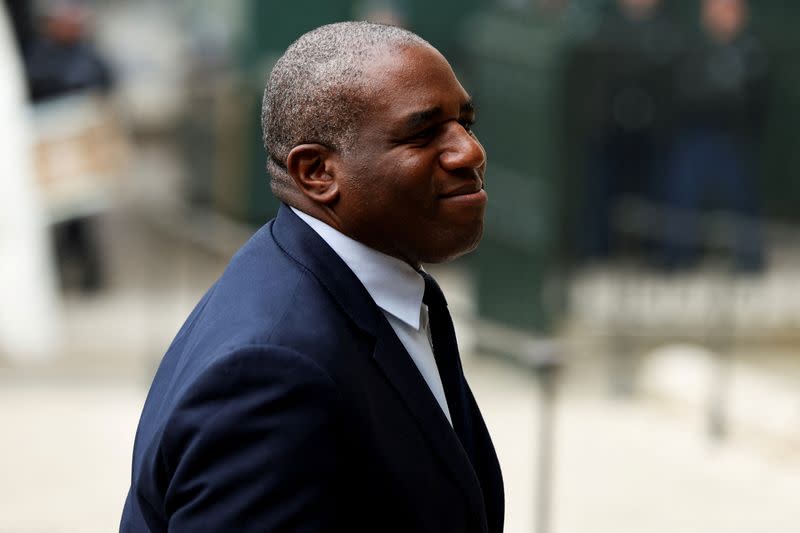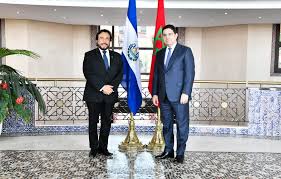
RABAT, June 1 (Reuters) — In a pivotal diplomatic move, the United Kingdom has officially declared its support for Morocco’s Autonomy Plan concerning the Sahara, describing it as “the most credible, viable, and pragmatic basis” for resolving the decades-long regional dispute. The announcement marks a significant reinforcement of international support for Morocco’s sovereignty claims and underscores the growing global consensus in favor of the autonomy initiative.
In a joint communiqué signed in Rabat by UK Foreign Secretary David Lammy and Moroccan Foreign Minister Nasser Bourita, Britain expressed its commitment to align its actions—bilaterally, regionally, and internationally—with this position. The communiqué emphasized the UK’s recognition of the importance of the Sahara issue for Morocco and noted that resolving the conflict would contribute to North African stability and bolster regional integration.

Britain’s foreign minister, David Lammy
“The United Kingdom is closely following the current positive momentum in this regard under the enlightened leadership of His Majesty King Mohammed VI,” the communiqué stated. It also confirmed that UK Export Finance is open to supporting development projects in the Sahara, including through its broader £5 billion initiative to back economic projects across Morocco.
Foreign Secretary Lammy hailed Morocco’s autonomy plan, originally submitted to the UN in 2007, as the best available framework for a lasting resolution to the conflict, which has long pitted Morocco against the Algeria-backed Polisario Front. “The UK will continue to act in accordance with this position to support a peaceful and lasting solution,” Lammy said during a press conference in Rabat.
With this endorsement, the UK becomes the third permanent member of the UN Security Council—following the United States and France—to back Morocco’s autonomy plan. The communiqué reaffirmed both countries’ support for the UN-led political process and for the efforts of Staffan de Mistura, the Secretary-General’s Personal Envoy for Western Sahara.
Morocco’s Foreign Minister Bourita welcomed the UK’s position as “historic,” framing it as part of a broader international shift in favor of a peaceful resolution under Moroccan sovereignty. “This is a moment of momentum,” he said, noting that London’s stance could further accelerate efforts to settle the long-standing conflict.
The UK-Morocco talks also resulted in new agreements aimed at expanding cooperation in several sectors including healthcare, innovation, port development, and water infrastructure. Lammy added that British investment would also play a key role in supporting Morocco’s preparations for the 2030 FIFA World Cup, which the country will co-host with Spain and Portugal.
The UK’s clear stance on the Sahara dispute, paired with its economic commitments, signals a deeper and more strategic partnership with Morocco—one that reflects a shared vision for stability, growth, and integration across Africa.




